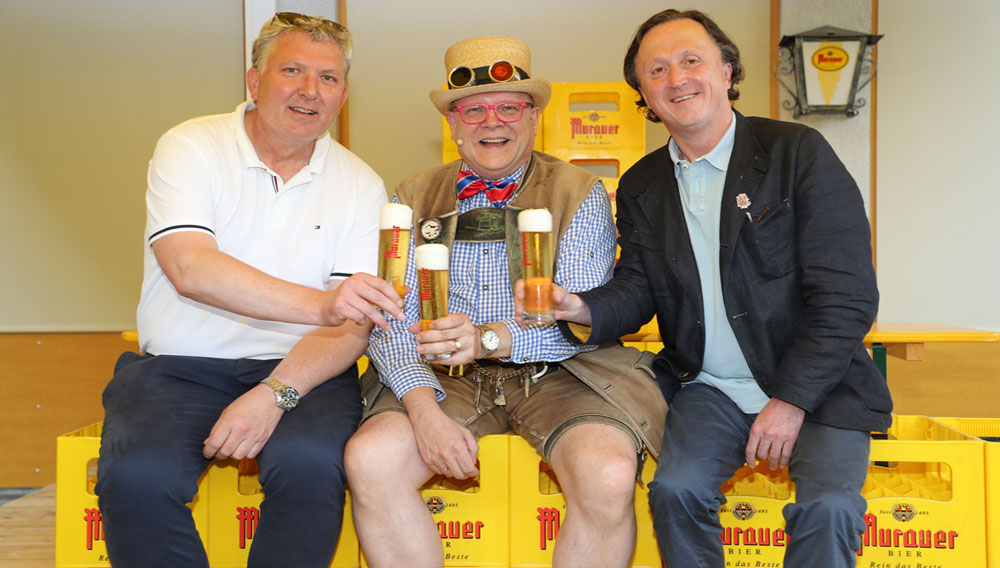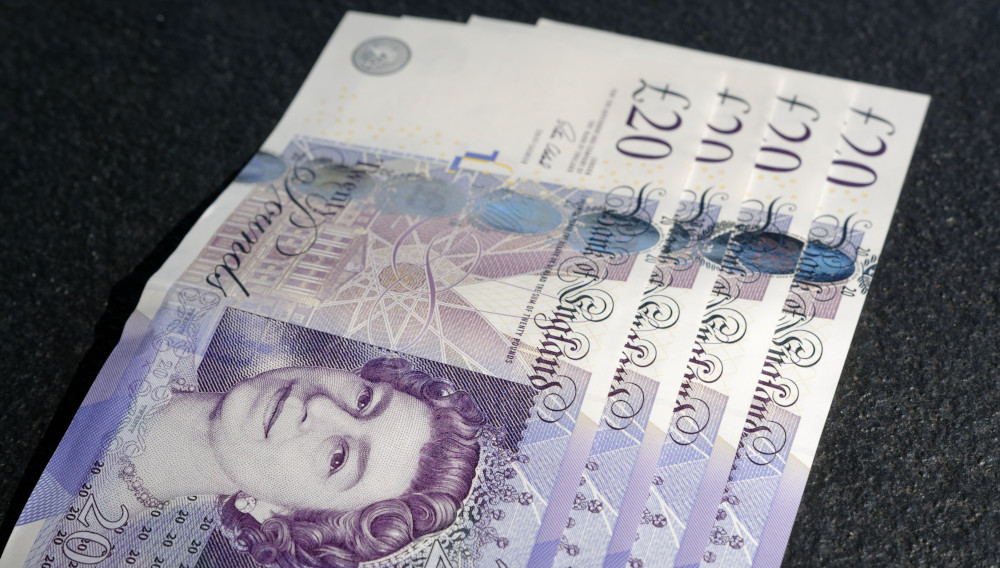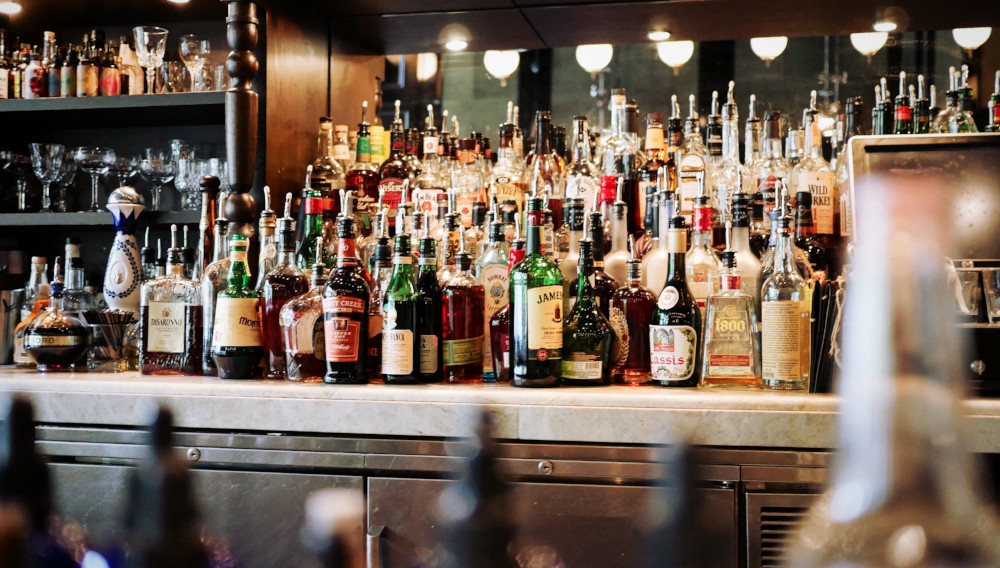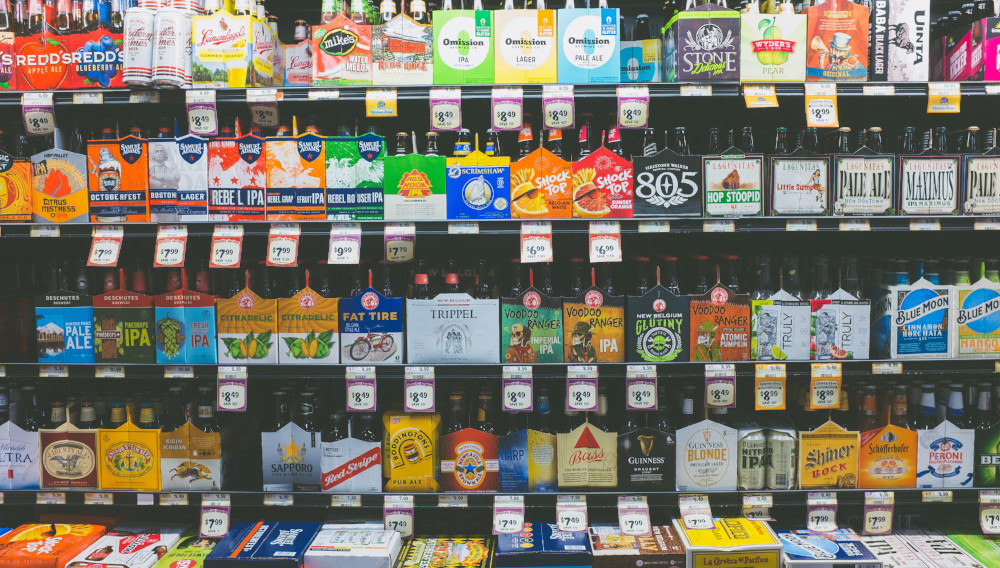United Kingdom | The listed brewer and pub operator, Greene King, with a portfolio of 2,700 pubs, restaurants and hotels, has been snapped up by CK Asset Holdings from Hong Kong in a GBP 4.6 billion (USD 5.6 billion) transaction. The deal is still pending shareholder and regulatory approval.
United Kingdom | Non-boozy spirits, though a contradiction in terms, seem to be the next big thing. Hence drinks company Diageo has hiked its stake in Seedlip to a “significant majority shareholding” in early August 2019.
United Kingdom | That is clever. Deviating from its preferred route to finance through crowdfunding, the Scottish brewer and pub operator may issue a GBP 10 million (USD 12 million) bond that would repay lenders partly in beer.
Germany | Beer production declined 2.7 percent during the first six months of 2019, compared with the same period in 2018. German brewers sold around 46 million hl beer in the first half – excluding non-alcoholic beers and malt beverages.
France | Those interested in gaining greater insight into how the brewing and distilling industries use technology to shape a sustainable future, are invited to attend the IBA Masterclass, to be held in Obernai, France, from 11 to 13 September 2019.
France | Those interested in gaining greater insight into how the brewing and distilling industries use technology to shape a sustainable future, are invited to attend the IBA Masterclass, to be held in Obernai, France, from 11 to 13 September 2019.
Belgium | Beer consumption has been in decline in Belgium for years. In 2018, Belgians drank 7 million hl beer, an increase of 100,000 hl over 2017, but still a significant decrease from the 8.5 million hl beer consumed in 2010.
Ireland | Held at the Franciscan Well brewpub in Cork on 9 and 10 August 2019, the Fem-Ale Fest is Ireland’s only festival dedicated to celebrating women in the drinks industry.
Germany | After an extensive refurbishment, BrewDog will open the restaurant and beer garden at the former Stone brewery in Berlin on 10 August 2019. The Scottish brewer took over the business and the workforce from Stone in April this year.
Germany – Only around 1.9 billion hl beer were consumed world-wide in 2018. This represents a decline of 38 million hl or 2 percent over the previous year, according to the latest Barth report, released in July 2019.





